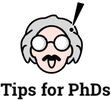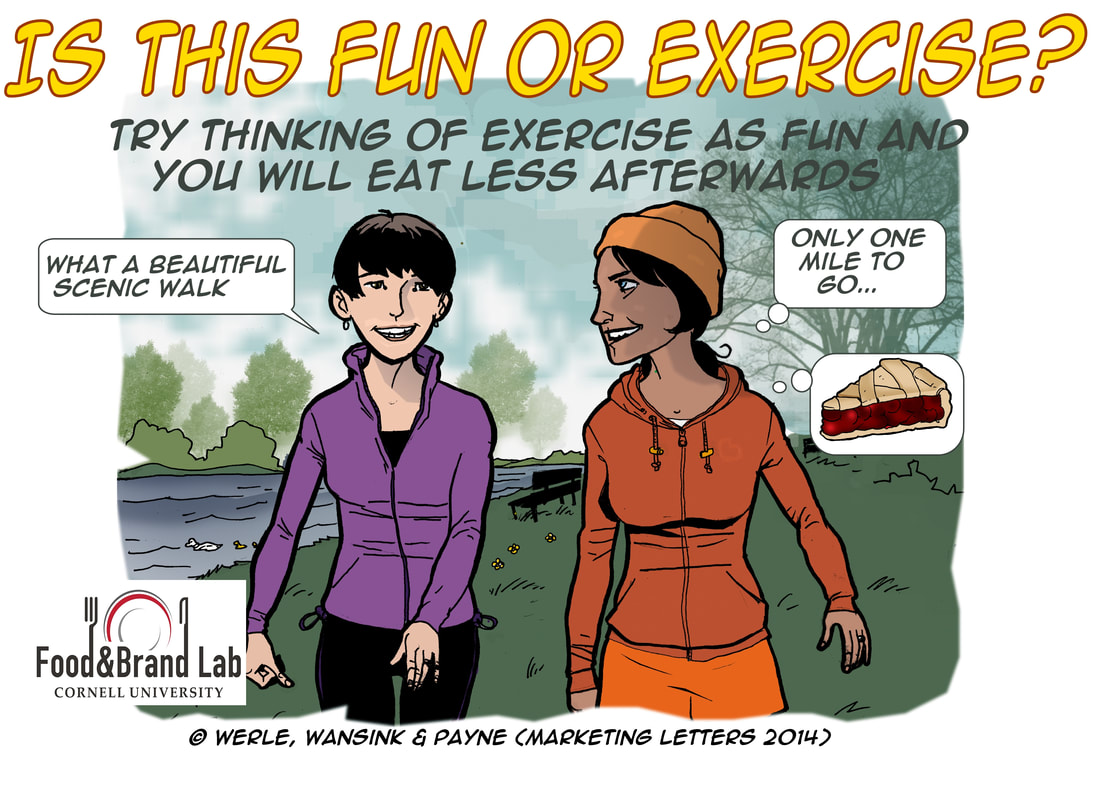Tools & Resources
Feel free to download and use any of the graphics, illustrations, videos, and resources on this page for educational purposes. This work is licensed under a Creative Commons Attribution-NonCommercial-NoDerivatives 4.0 International License.
|
Summary• Download paper from the SSRN (the Social Science Research Network)
| ||||||
Other Interesting Articles on Compensation
Dijksterhuis, A. (2004). Think Different: The Merits of Unconscious Thought in Preference Development and Decision Making. Journal of Personality and Social Psychology, 87, 586-598.
Dijksterhuis, A., Bos, M. W., Nordgren, L. F., & Van Baaren, R. B. (2006). On Making the Right Choice: The Deliberation-Without-Attention Effect. Science, 311, 1005-1007.
Fillingim, R. B., Roth, D. L., & Haley, W. E. (1989). The effects of distraction on the perception of exercise-induced symptoms. Journal of Psychosomatic Research, 33, 241-248.
Fishbach, A., & Dhar, R. (2005). Goals as Excuses or Guides: The Liberating Effect of Perceived Goal Progress on Choice. Journal of Consumer Research, 32, 370-377.
Karageorghis, C. I., & Terry, P. C. (1997). The psychophysical effects of music in sport and exercise: A review. Journal of Sport Behavior, 20, 54.
Khan, U., & Dhar, R. (2006). Licensing Effect in Consumer Choice. Journal of Marketing Research, 43, 259-266.
King, N. A. (1999). What processes are involved in the appetite response to moderate increases in exercise-induced energy expenditure? Proceedings of the Nutrition Society, 58, 107-113.
King, N. A., Snell, L., Smith, R. D., & Blundell, J. E. (1996). Effects of short-term exercise on appetite responses in unrestrained females. European Journal of Clinical Nutrition, 50, 663-667.
Kivetz, R., & Zheng, Y. (2006). Determinants of justification and self-control. Journal of Experimental Psychology: General, 135, 572-587.
Lerouge, D. (2009). Evaluating the Benefits of Distraction on Product Evaluations: The Mind-Set Effect. Journal of Consumer Research, 36, 367-379.
Lichtman, S.W., Pisarska, K., Berman, E.R., Pestone, M., Dowling, H., Offenbacher, E., Weisel, H., Heshka, S., Matthews, D.E., & Heymsfield, S.B. (1992). Discreptency between self-reported and actual caloric intake and exercise in obese subjects. New England Journal of Medicine, 327 (27), 1893-1898.
Martins, C., Morgan, L. M., Bloom, S. R., & Robertson, M. D. (2007). Effects of exercise on gut peptides, energy intake and appetite. Journal of Endocrinology, 193, 251-258.
Nowlis, S. M., & Shiv, B. (2005). The Influence of Consumer Distractions on the Effectiveness of Food-Sampling Programs. Journal of Marketing Research (JMR), 42 (2), 157-168.
Okada, E.M. (2005). Justification Effects on Consumer Choice of Hedonic and Utilitarian Goods. Journal of Marketing Research (JMR), 42, 43-53.
Learn more . . . |






